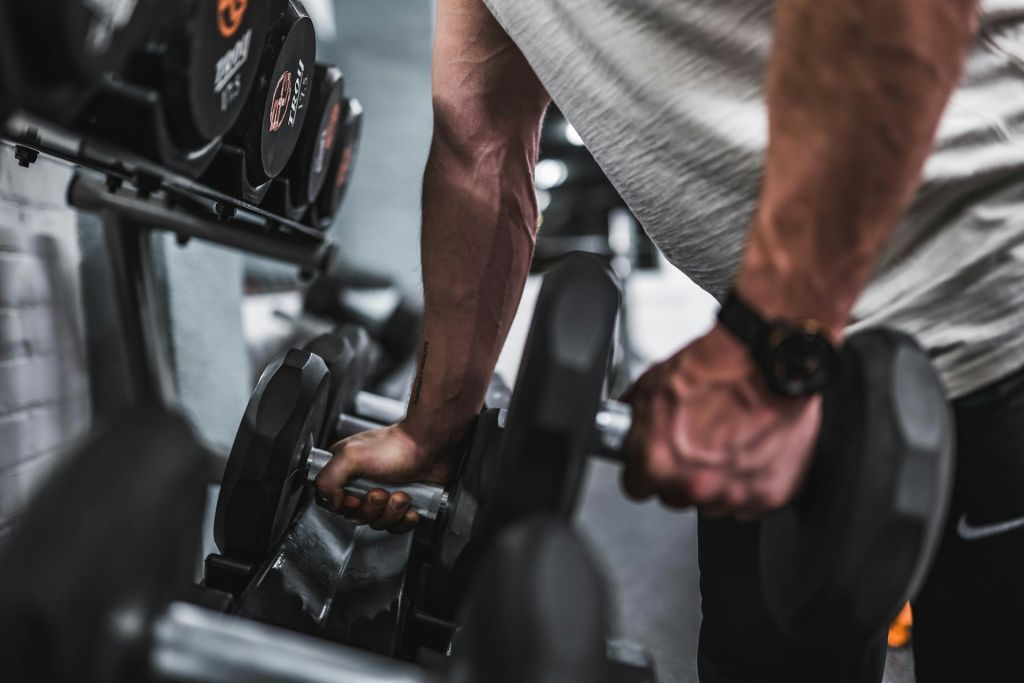
Get Up and Get Moving
“Physical training is good, but training for godliness is much better, promising benefits in this life and in the life to come.” – 1 Timothy 4:8
David Goggins might be the most physically fit person in the world.
A retired NAVY Seal and member of the International Sports Hall of Fame, Goggins has set multiple Guinness World Records. He ran 135 miles in 24 hours in 2004 and completed 4,030 pull-ups in 2013. Most recently, he swam 80 miles in roughly 11 hours in 2015. In total, Goggins has completed over 60 triathlons, ultramarathons, and ultra-triathlons with several course records and numerous top-five finishes.
While Goggins’ accomplishments are admirable, the standard he’s set is not one we should all aspire to. Between full-time jobs, marriages, children, and other engagements such as church or volunteer commitments, most of us likely don’t have time to train for ultramarathons or Ironman triathlons. For context, a full Ironman triathlon usually requires about fifteen hours per week of training for six to twelve months.
More importantly, we may not have the desire to achieve the level of supreme physical fitness that David Goggins has reached, and that’s fine as well. Look back at the passage from 1 Timothy that I placed at the top of the page. Paul, the author of 1 Timothy, argues that godliness has supreme value – both in this life and in the life to come. However, while godliness has more value than anything, Paul also writes that physical training has some value – and I don’t think we should simply ignore or gloss over that statement.
Simply put, two things are true here. First of all, godliness should be our number one goal and priority. In other words, everything we do should somehow be focused or oriented around this pursuit. Secondly, physical training is important, although not as important as godliness. Maintaining both of these beliefs at the same time helps us prioritize our physical fitness to the right degree in light of the other things we’re taught to emphasize or care about.
As you read this, I hope the takeaway is that you can (and should) prioritize your physical health, but the degree to which you emphasize your fitness can vary from person to person. I have a friend who enjoys running long-distance races because he feels strongly that it improves the quality of his work and his relationships. Fitness has enabled him to become a disciplined person, and the impact of these decisions goes far beyond what he’s able to do on the race course.
However, I don’t think everyone has to be an Ironman triathlete or go to CrossFit six days a week to prioritize their physical health. Some people prioritize their physical fitness by going on walks with friends a few times per week or joining an exercise class where they can find accountability and connect with friends while improving their health and wellness. The standard will be different for each person, but the importance of getting active (to whatever degree makes the most sense for you) exists in each person’s life and is not something we should ignore.
With this in mind, my challenge for you is fairly simple: do something. Go for a walk with a friend. Take your kids to the park and throw a football or baseball with them. Find a class at a nearby rec center where a teacher will show you what exercises to do. Instead of lamenting what you aren’t able to do, accept the responsibility – and the opportunity – you have to do something. You won’t only benefit physically, but also mentally and emotionally, as a result of taking this small step.

